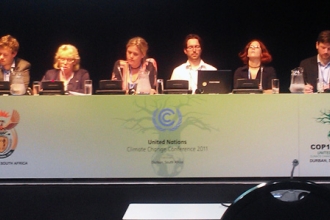Natural Resource Management: Challenges and Policy Options
Much of the improvement in living standards in developed and developing countries alike is attributable to the exploitation of nonrenewable and renewable resources. The problem is to know when the exploitation occurs at rates and with technologies that are sustainable.




